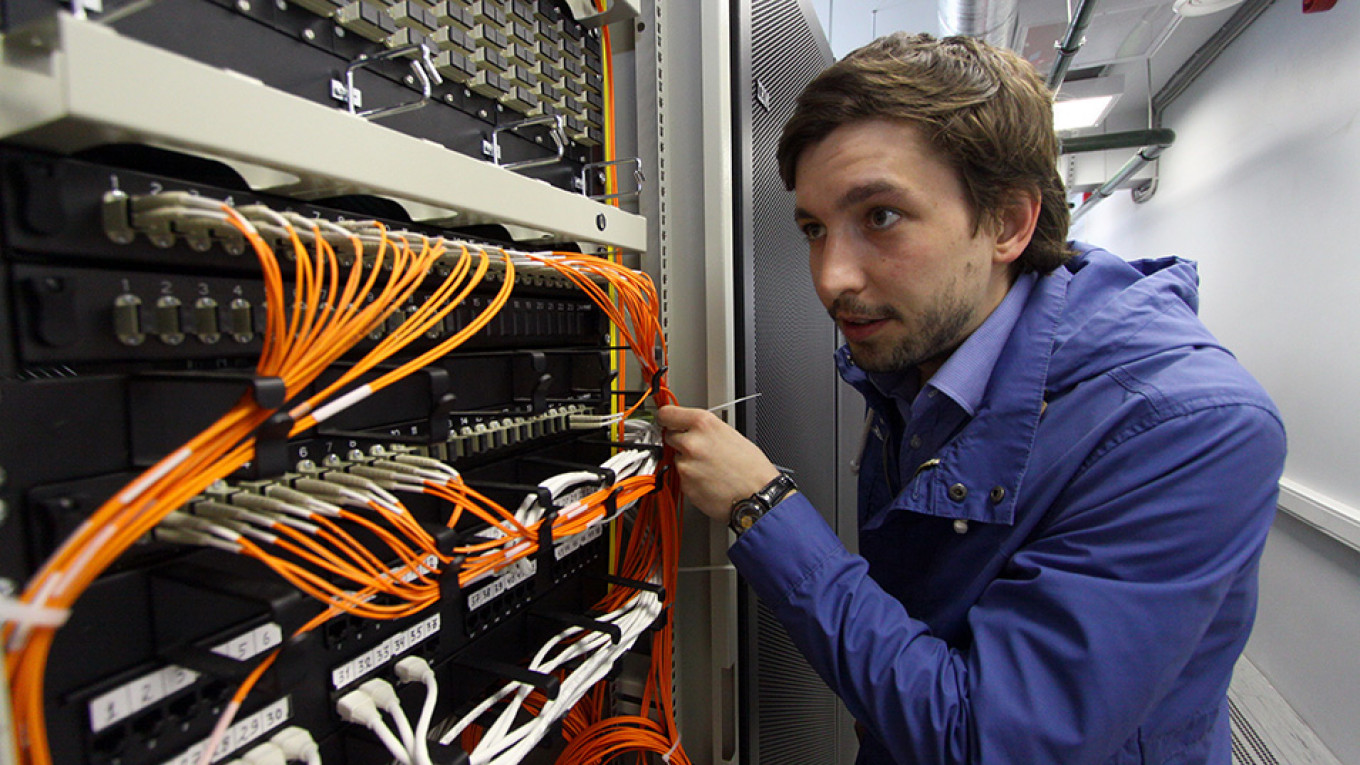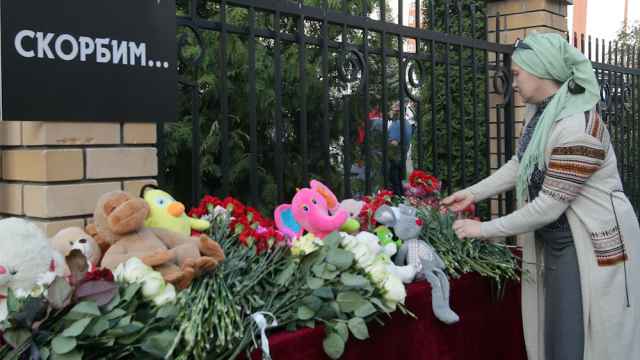It finally happened, at the beginning of May president Vladimir Putin signed a bill that seeks to establish Russia’s “internet sovereignty.”
The law’s explanatory note bluntly asserts that it was prepared taking into account the aggressive nature of the U.S. National Cybersecurity Strategy adopted in 2018.
“Under these conditions, protective measures are necessary for ensuring the long term and stable functioning of the internet in Russia.”
Among other measures, it dictates the creation of the infrastructure to ensure the operability of the Russian internet in the case of Russian telecom operators’ failure to connect to foreign root servers. A national internet, in other words.
The idea of creating an autonomous system of internet governance originated in China, but make no mistake: the Russian internet sovereignty law goes beyond anything China has so far attempted.
Fang Binxing, the mind behind “The Great Firewall,” seems to have found an interested audience in Moscow, where his ideas will be taken to their logical conclusion.
Fang has complained that all internet traffic needs to pass through primary root servers located in the United States. This massive database is collectively known as the internet domain name system. Without it, the internet as we know it would be unable to function.
While China is able to exert control over the content that can be accepted inside its borders, the physical infrastructure of the internet remains very much outside its reach. But then, as Fang asks: if the fundamental infrastructure of the entire global network is based in one country what then happens if that country decides to disconnect China or Russia from the internet?
The Russian plan aims to answer Fang’s question by creating a national domain name system, which the internet sovereignty law notes is not yet fully functional but is undergoing creation by Roskomnadzor, the Federal Service for the Supervision of Communications, Information Technology, and Mass Media.
The process is fiendishly complicated because it involves storing all prospective content of the internet on servers in Russia, but if it works, then Russia will effectively be in possession of its own internet, capable of fully functioning when disconnected from the global network.
This is how dreams die, in this case the dream of the internet as a network bringing the whole world together. Part of the global commons like the high seas, Antarctica, the atmosphere, and space - but with greater reach and impact on everyone’s life.
Putin said that Russia needs to create an area of the internet “that depends on nobody.”
His fears were confirmed last year when the U.S. military blocked a famous Russian troll factory from all internet access just before the midterm elections. It is clear to the Kremlin that this is only an early example of what can become an increasingly common practice.
Characteristically, the Russian president has also explained that he doubts the U.S. would ever think of completely cutting Russia off from the internet. Why not? Because it needs to have Russia inside the system in order to better intercept its communications. One way or another, he concluded, a radical solution was needed.
Is the law a defensive measure? Well, as someone in Moscow explained to me this week, the distinction between defense and aggression makes a lot less sense in Russia than in the West. They are both part of the game and cannot be separated.
The control of network information and the exploitation and utilization of network resources will become the main source of national strength and the key to national security.
As Alvin Toffler once put it, “The whole world belongs to the one who masters information and controls the network.”
Russian state intelligence organizations have been regularly accused of interfering with the internal affairs of other countries. This attribution depends on the ability to trace the origin of the activity back to its source.
But if Russia develops its own internet, that possibility is ruled out. Naturally, some worry that Russia is preparing for a world of recurrent and increasingly violent cyber conflict.
One of the most attractive features of the internet as we know it is that every country is vulnerable to widespread disruption and infrastructure collapse, making it less interested in launching an attack with unpredictable consequences. But if Russia is able to isolate itself from the global internet, it suddenly will care much less about what happens to it.
Think of a stealth fighter jet, capable of operating in full freedom, undetectable and indestructible.
A Message from The Moscow Times:
Dear readers,
We are facing unprecedented challenges. Russia's Prosecutor General's Office has designated The Moscow Times as an "undesirable" organization, criminalizing our work and putting our staff at risk of prosecution. This follows our earlier unjust labeling as a "foreign agent."
These actions are direct attempts to silence independent journalism in Russia. The authorities claim our work "discredits the decisions of the Russian leadership." We see things differently: we strive to provide accurate, unbiased reporting on Russia.
We, the journalists of The Moscow Times, refuse to be silenced. But to continue our work, we need your help.
Your support, no matter how small, makes a world of difference. If you can, please support us monthly starting from just $2. It's quick to set up, and every contribution makes a significant impact.
By supporting The Moscow Times, you're defending open, independent journalism in the face of repression. Thank you for standing with us.
Remind me later.








